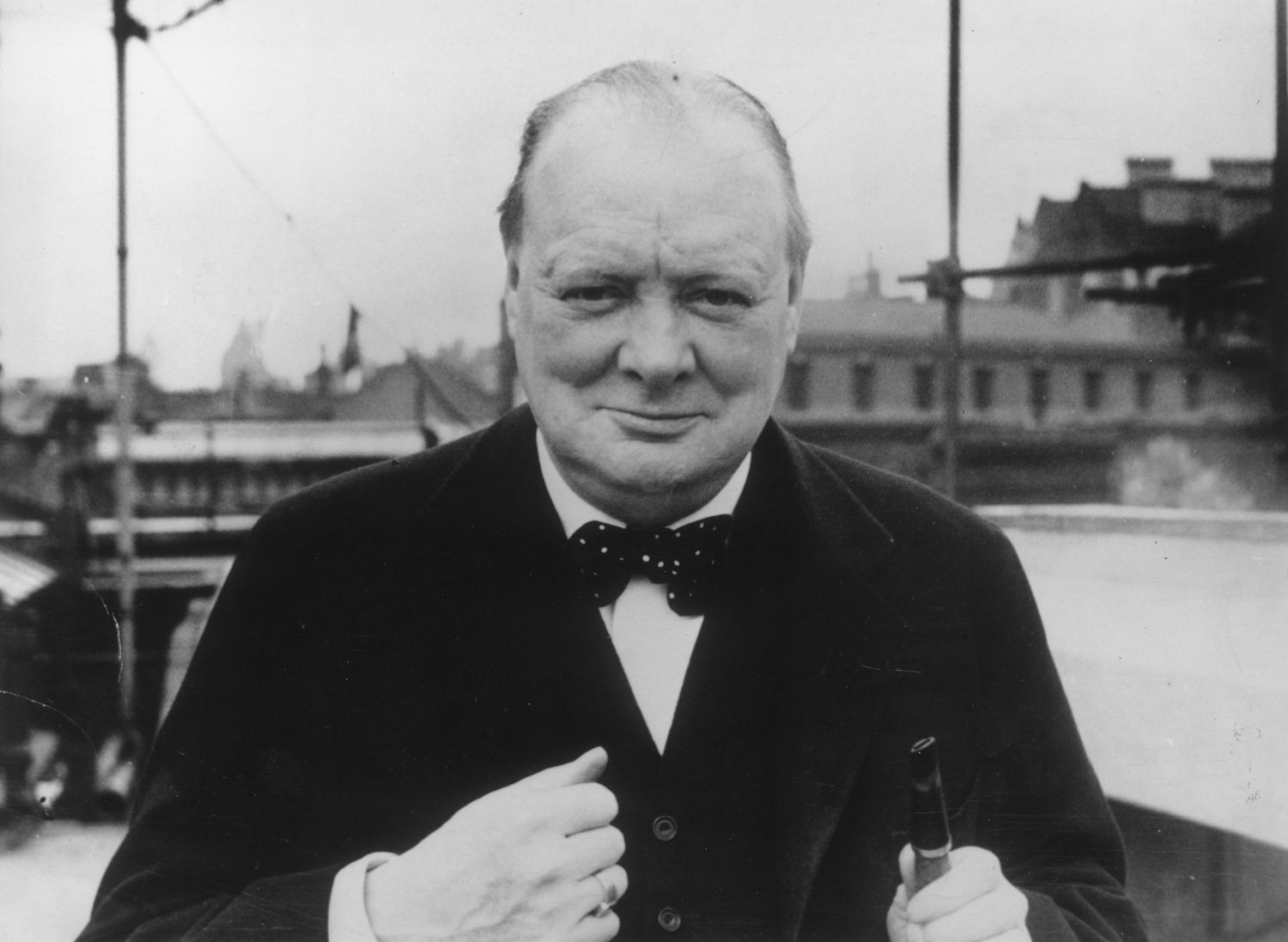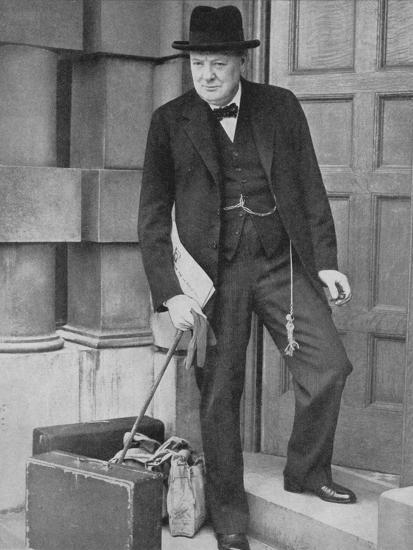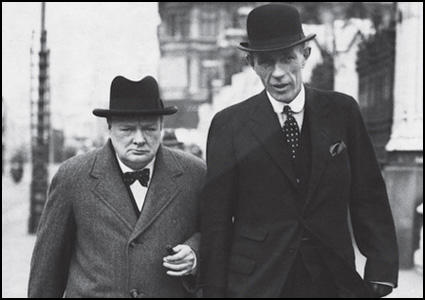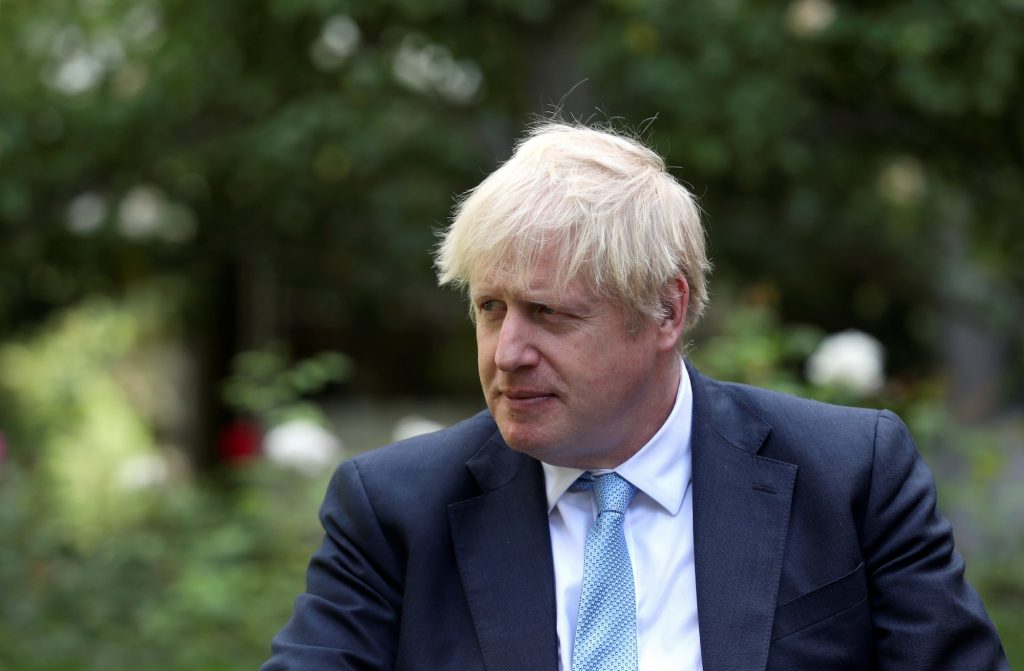A sizeable number of Americans have given up on democracy. And in their surrender they have remade the Republican Party – and the country.
Many have tried to explain the motivation of fellow Americans who continue to support a man facing 91 indictments, including a case centering on whether he stole classified documents as he left the White House and after he incited an insurrection. Many wonder why so many Americans profess loyalty to a candidate who has been found liable in a civil action for committing sexual assault and then twice more convicted and fined $88 million for repeatedly defaming the woman he assaulted?
It is impossible not to conclude that the vast evidence of criminality, confirmed by separate prosecutors and judges and juries in numerous jurisdictions just doesn’t matter to the MAGA crowd. What’s a little crime when you have a country to plunge further in chaos?
“Our system needs to be broken,” a Donald Trump voter in New Hampshire recently told Politico’s Michael Kruse in an insightful look into the mind of an angry, hurting, confused American, “and he is the man to do it.”
Can’t argue with that logic. Except you must.
Because “our system” doesn’t need to be broken. It needs to be repaired; urgently and carefully.
To believe that Donald Trump possesses the magic elixir to “Make America Great Again” is to descend to a tooth fairy level of gullibility. There is no fix to “our system” short of Americans voting to support democracy over the chaos and the personal villainy of a man convicted of sexual assault who also happens to be a Constitution shredding charlatan.
You can fret and worry about America and not believe it needs to be broken. Let’s review – briefly – what ails the America most of us continue to love in spite of its obvious flaws.

Disinformation on a grand scale is causing some Americans – and not an insignificant number apparently – to believe conspiracies lurking in dark corners of the Internet. One of the latest and most laughable holds that popular singer Taylor Swift, as the New York Times put it, is some kind of “a secret agent of the Pentagon; that she is bolstering her fan base in preparation for her endorsement of President Biden’s re-election; or that she and [Kansas City Chiefs boyfriend Travis] Kelce are a contrived couple, assembled to boost the N.F.L. or Covid vaccines or Democrats or whatever.”
Falling for such blatant garbage when there is so much else worth concentrating on is what’s wrong with “our system.” Being hoodwinked by elected con men and Fox News is what’s wrong with America.
Bad faith actors in political positions are what’s wrong with America. There is a reasonable, bipartisan deal to be had to put in place much needed immigration reforms, but the very people who have long insisted on changes are on the verge of killing any deal. The leader of the GOP is hoping to use American concerns about immigration to his advantage, so a legislative deal becomes out of the question. That is what is wrong with “our system.”
A political culture of distraction and deflection is what’s wrong with “our system.”
Vast income inequality is what’s wrong with “our system.” When an Elon Musk can demand a $56 billion pay day (a Delaware judge just voided that obscenity) to run an electric car company that is what is wrong with “our system.” As Reuter’s reported, an executive pay research firm “estimated in 2022 that Musk’s [compensation] package was around six times larger than the combined pay of the 200 highest-paid executives in 2021.”
What is also wrong is that women still make on average 85% of what men make. It’s wrong that American health care costs so much more than any other “developed” country. It’s wrong that many younger Americans simply can’t afford to buy a home of their own. It’s wrong we have so much gun violence. It’s wrong that were are not really dealing with the impacts of a changing climate. It’s wrong that there are too many drugs and too much homelessness. It’s wrong that some radical conservatives want to abandon a democratic Ukraine and embrace authoritarians in Hungry and Russia.
None of these wrongs will be righted by breaking our democratic system. They just won’t.
The way to get after our shortcomings is to double down on a politics of decency, compromise, common sense and good faith. You double down on real, hard to accomplish solutions advanced by serious people working to make the country genuinely better. You double down on democracy. You do not strengthen democracy by breaking it. You just don’t.
To say you must destroy what remains of the American system in order to save it is nonsense. Dangerous nonsense.
Democracy requires work. It requires commitment. It requires patience, as difficult as that can be. In this big, complicated and very diverse country there are no quick fixes. There just aren’t. And the millions of Americans who think another go round with Trump is going to fix “our system” are more delusional than the man himself.
If he had real answers to our real problems he’d be sharing them. He’s got nothing beyond the instincts of an orange bull in a very small shop filled with the fragile elements of democracy. He’s running to stay out of jail and keep his dwindling fortune. He’s running in order to pardon himself and others who committed crimes at his behest. He could care less about democracy, the little guy or anyone’s future beyond his own.
Fifty-nine years ago this week the world said goodbye to Winston Churchill, arguably the 20th Century’s indispensable man, who had died at 90. Churchill, warts and all, was a democrat. He believed in democracy with all its messy and difficult processes, the two steps forward and one back. During the darkest days of World War II he never gave up on democracy.

One of the great ironies of Churchill’s story is that he courageously and correctly led Great Britain – and the freedom loving world – through that awful war and once the Nazis were beaten to surrender he lost re-election. Still, Churchill never gave up on democracy. It would not have occurred to him to say we have the break “our system.”
What he did say was profound and powerful and worth remembering as too many around us embrace the politics of chaos and division.
“Many forms of Government have been tried, and will be tried in this world of sin and woe,” Churchill said in 1947. “No one pretends that democracy is perfect or all-wise. Indeed it has been said that democracy is the worst form of Government except for all those other forms that have been tried from time to time …”
Forget the fearmongers and those giving up on democracy. They are the ultimate losers. We can and must do better than to think we can fix the country by breaking it.
—-0—-
Additional Reading:
‘Into the arms of strangers’: child refugees of Nazi Germany remember
Worth reading in light of our battles over immigration and the often desperate people who look to the United States for a better, safer life.
“Hella Pick, a former Guardian foreign correspondent and diplomatic editor, and Lord Alf Dubs, the Labour peer and former MP, visited Berlin this week to mark the 85th anniversary of the Kindertransport, which rescued them as child refugees.
“About 10,000 children, mostly Jewish and the majority from Germany, Austria and Czechslovakia, were brought to live with foster families in the UK to save them from the Nazis.”
From The Guardian.
Precipice of fear: the freerider who took skiing to its limits
Also from The Guardian.

“Like big-wave surfing, extreme skiing has always carried an existential charge: its dangers are not incidental or extraneous, and death is not a rare accident that only occurs when things go terribly wrong. Doug Coombs, an American whose style was once compared to “a droplet of water trickling down a rough plaster wall”, plunged to his death in the French resort of La Grave in 2006. Shane McConkey, a Canadian who was pivotal to the development of wider skis in the 1990s, lost his life in 2009 in an attempt to combine skiing with Base jumping in Italy. Swedish pro skier Matilda Rapaport died in Chile in 2016 while filming for an extreme sports video game, the title of which was, simply, Steep.”
The imbedded video is, well, pretty scary. Read the full story.
Mansfield and Dirksen and the US Capitol Historical Society
I had a wonderful time this week thanks to the US Capitol Historical Society that hosted my talk about the Senate’s leadership in the 1960s.
The full program is now available on YouTube. I hope you’ll check it out.
Thanks for following. Do all you can to defend democracy. It is fragile and needs our help. All the best.






















